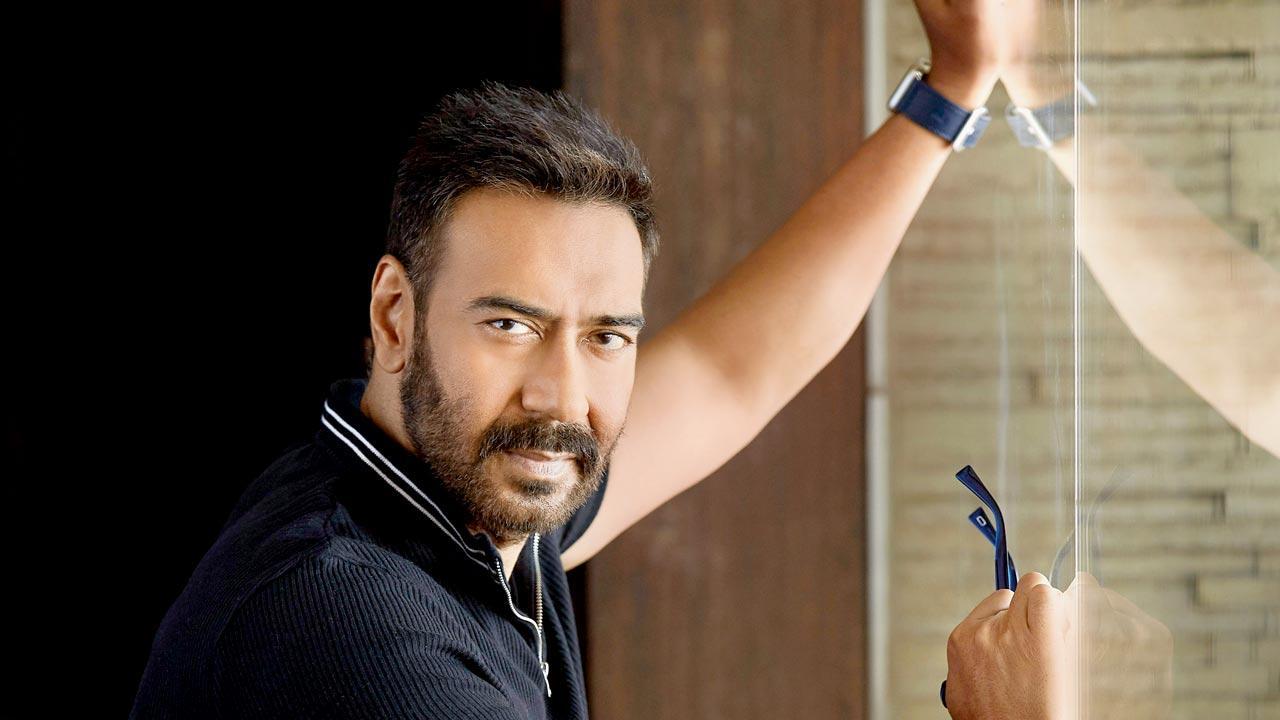Amid rumours of Ajay-starrer Chanakya being delayed, writer-lyricist Manoj Muntashir confirms film to roll after actor fulfils previous commitments.

Ajay Devgn
A fair share of forthcoming movies became casualties of the lockdown lull, which afforded filmmakers the time to analyse if they were worth creating in the first place. Writer-lyricist Manoj Muntashir assures us that his next with Ajay Devgn isn’t one of them.
ADVERTISEMENT
“Chanakya has been delayed due to the pandemic. Ajay only resumed filming in November and will wrap up his prior commitments before working on this. We should roll in the last quarter of 2021,” Muntashir tells mid-day of Neeraj Panday’s directorial venture, based on the ancient Indian philosopher. That the film requires Devgn to sport a bald look implies that he cannot juggle its shoot with another offering, says the writer. “Ajay has to go bald for the film. There are several dramatic points relating to his character. When I write the script, I make notes about his hair, clothes and accessories.” He alludes that the film, which seems worthy of being an “Oscar-entry”, is too precious to be put on the back-burner.
Neeraj Panday
“Neeraj and I travelled across India, including Bihar, where Pataliputra [now, Patna] is situated, as part of research. For a year-and-a-half, we focused on travelling and reading Chanakya’s books, including Kautilya, before putting pen to paper. Neeraj is so brilliant that the process was a cakewalk.”
Manoj Muntashir
Recreating a different era for a film, and making it appealing for the current generation while at it, is a tall order. Muntashir says the ideal way to bridge the gap is by highlighting those aspects that can weave the two eras together. "You must note that even a film set in the ancient times must resonate with today’s youth. The dialogues have to point to the goings-on. Chanakya includes at least 15 such moments where parallels can be drawn between the eras. We've used different languages, but the film will be comprehensible. While replicating an era on screen, doing justice to the period’s languages is like balancing the double-edged sword – it cannot be entirely true to the era, and must still not be distanced from it."
 Subscribe today by clicking the link and stay updated with the latest news!" Click here!
Subscribe today by clicking the link and stay updated with the latest news!" Click here!






